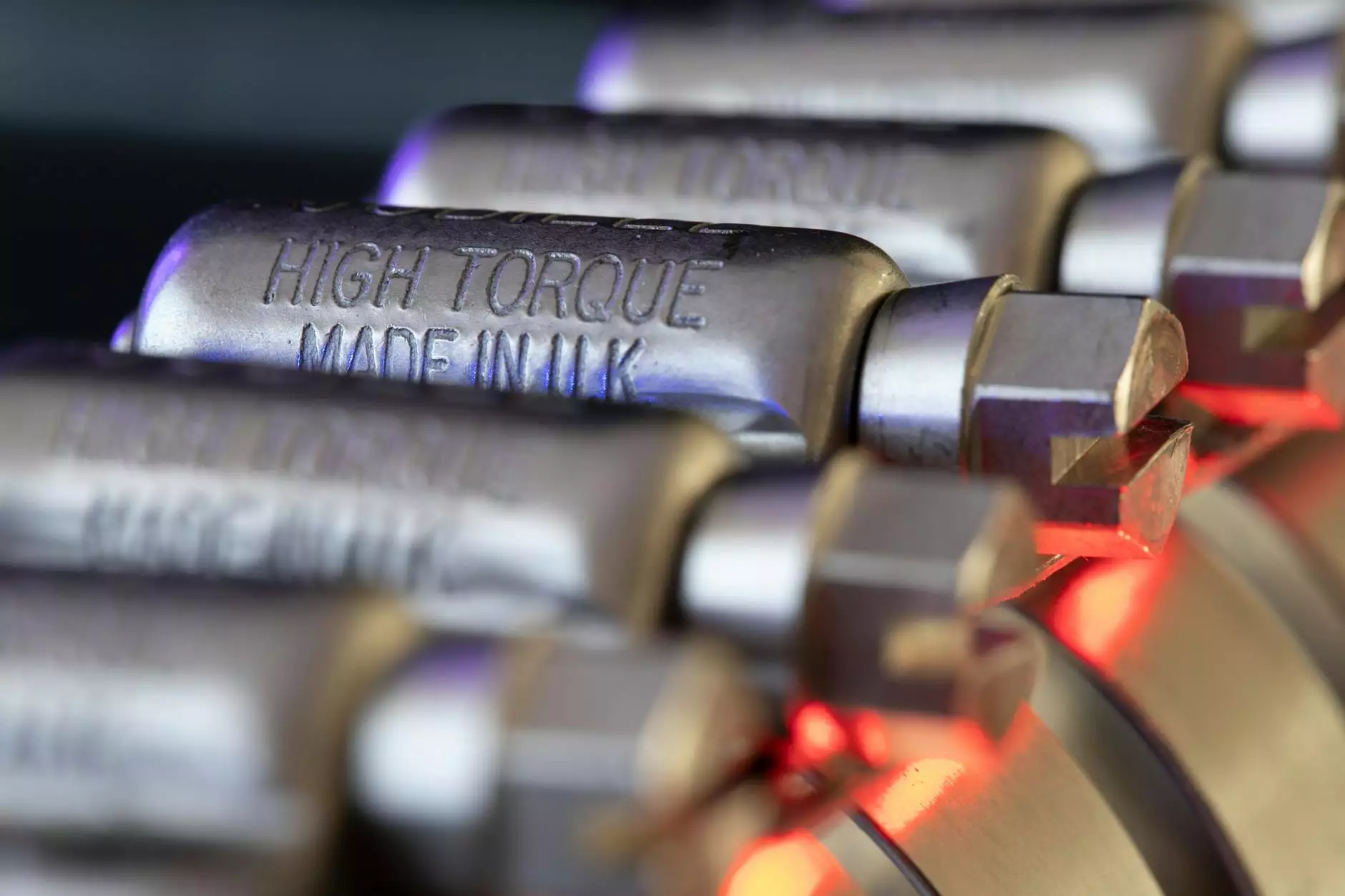Understanding the Torque Converter: Essential Insights for Automotive Enthusiasts

In the realm of automotive engineering, one of the critical components that ensures efficient vehicle operation is the torque converter. This essential device plays a pivotal role in the functioning of automatic transmissions, converting mechanical power for optimal performance. Whether you are a seasoned mechanic or an enthusiastic car owner, understanding the torque converter's intricacies can significantly enhance your knowledge of automotive engineering.
What is a Torque Converter?
A torque converter is a fluid coupling mechanism that transfers power from the engine to the transmission of an automatic vehicle. It serves to multiply engine torque, providing smooth acceleration and enhanced driving experience. Unlike a traditional clutch, which requires manual operation, the torque converter handles this task automatically, ensuring seamless power transitions.
How Does a Torque Converter Work?
To grasp the workings of a torque converter, it's essential to understand its primary components: the stator, impeller (pump), and turbine. The functionality of these parts is integral to the converter’s operation.
- Impeller (Pump): Connected to the engine, it is responsible for creating hydraulic pressure. As the engine turns, the impeller spins, forcing the transmission fluid outward.
- Turbine: Positioned opposite the impeller, the turbine receives fluid from the impeller and converts that hydraulic energy back into mechanical energy to drive the transmission.
- Stator: The stator redirects the fluid returning from the turbine back to the impeller, increasing efficiency and power transfer.
The fluid dynamics within these components enable the torque converter to ensure smooth acceleration and deceleration, making automatic driving a breeze.
Types of Torque Converters
Torque converters come in several different types, each designed to meet specific needs. Understanding these types can aid both consumers and professionals in making educated choices.
- Traditional Torque Converters: The most common type found in most automatic transmissions, designed for standard power transfer and efficiency.
- Lock-Up Torque Converters: Equipped with a locking mechanism, these converters reduce slip at higher speeds, enhancing fuel efficiency and performance.
- Variable Stator Torque Converters: These advanced converters adjust the stator position depending on driving conditions, optimizing performance and efficiency.
Importance of Torque Converters in Automotive Performance
The torque converter is crucial for enhancing vehicle performance. Here’s why:
- Smooth Acceleration: It enables smoother and more gradual acceleration, enhancing driving comfort.
- Fuel Efficiency: By optimizing how power is transmitted, torque converters can improve fuel efficiency, particularly in vehicles requiring seamless speed adjustments.
- Improved Handling: With automatic operation, drivers can focus on handling without worrying about clutch engagement or gear changes.
Common Torque Converter Issues
Like all mechanical components, torque converters can encounter problems. Recognizing these issues early can prevent extensive damage and costly repairs.
- Unusual Noises: Grinding or whining sounds may indicate a failing torque converter.
- Slipping: If the vehicle hesitates when accelerating, it could be due to slip issues within the converter.
- Overheating: Excess heat can signify problems in the converter or fluid flow issues.
Maintenance Tips for Torque Converters
Maintaining a torque converter is essential for longevity and performance. Here are some practical tips:
- Regularly Check Transmission Fluid: Low or dirty fluid can affect converter operation. Ensure that your fluid levels are adequate and that the fluid is clean.
- Observe for Warning Signs: Pay attention to any irregularities in performance, such as slipping or unusual noises.
- Professional Inspections: Have a qualified mechanic inspect and service your vehicle regularly to catch potential issues early.
Conclusion
Understanding the workings and significance of the torque converter not only enhances your knowledge of automotive systems but also equips you with the information needed for better vehicle maintenance and performance. By ensuring that your torque converter functions optimally, you can enjoy a smoother, more efficient driving experience.
At Shenghai Auto Parts, we specialize in providing high-quality auto parts, including torque converters, ensuring that you have access to the best components for your vehicle. Whether you're looking to replace a malfunctioning unit or upgrade for improved performance, we offer the expertise and product range to meet your needs.
Stay informed, stay efficient, and enjoy the drive. For more insights on automotive parts and supplies, check out our website today!









